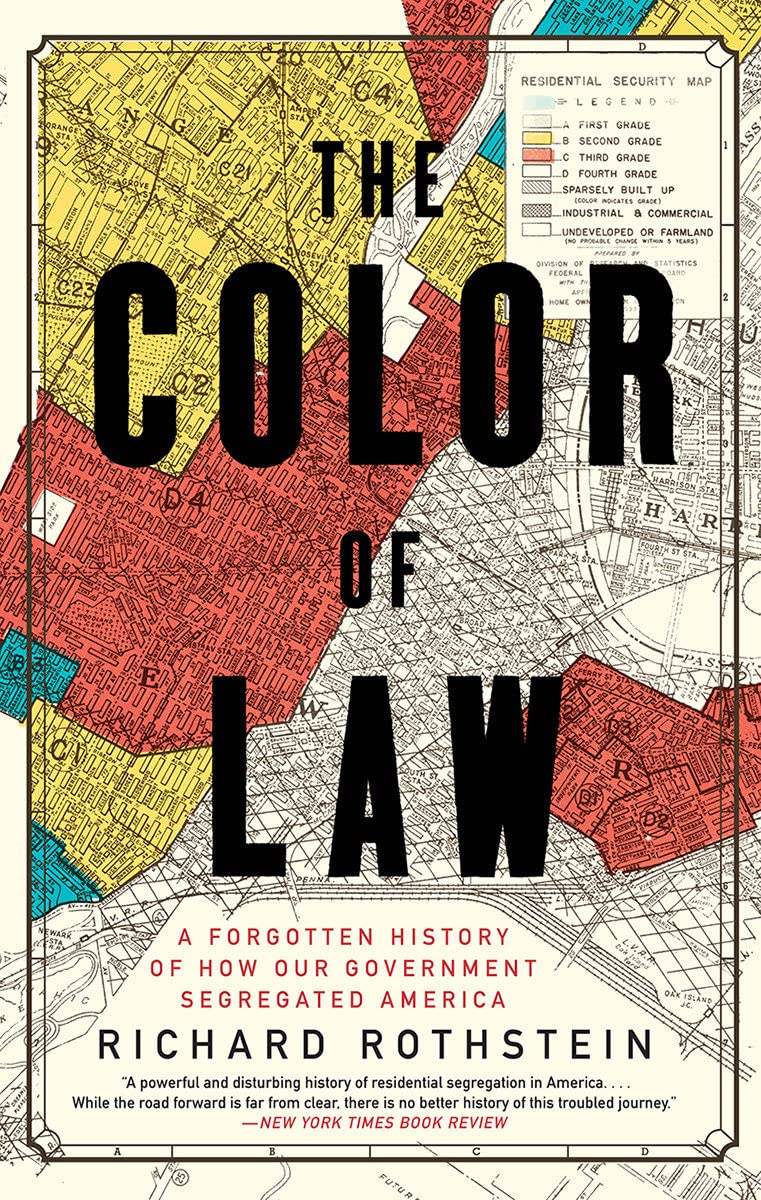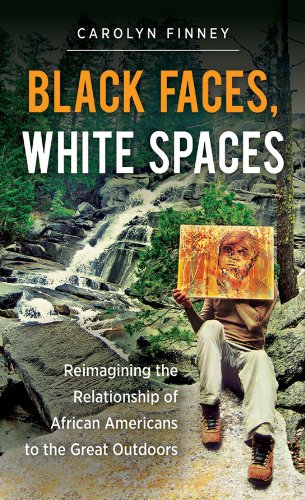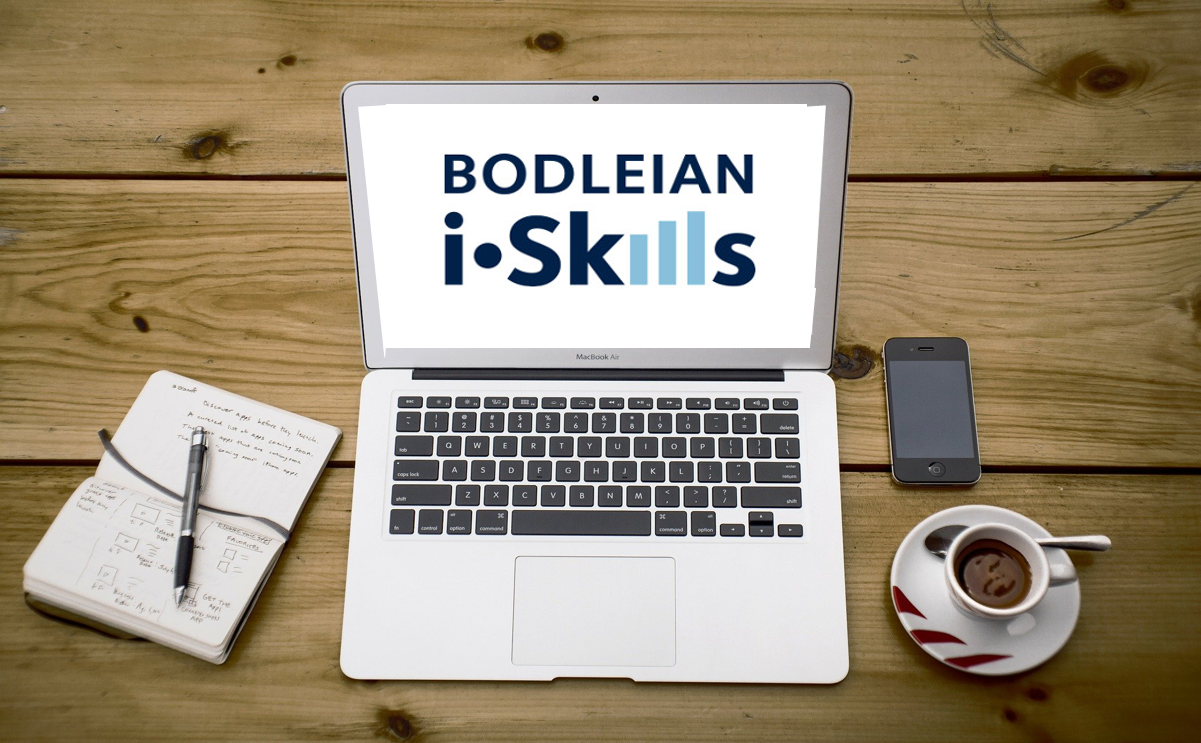For October, we’ve replaced part of our usual new books display with a display highlighting the theme of black history throughout our subjects. The display has been produced by the graduate trainee, with the content put forward by subject librarians.

Politics and International Relations: Jo Gardner
Jo really enjoyed engaging with the project, and produced several recommendations; we’ve chosen to highlight the print copies in the library, which are Patrick Vernon and Angelina Osborne’s 100 Great Black Britons, and Richard Rothstein’s The Color of Law. Jo’s contributions also included ebooks which has provided a small ‘further reading’ addition to the display. Links for these can be found at the end of this post too.
100 Great Black Britons – Patrick Vernon and Angelina Osborne

“This book is timely and so important. Especially now during the Black Lives Matter movement, people all over the country are looking to expand their knowledge of Black British historical figures and this book will help people to do just that.” – Dawn Butler MP
“An empowering read . . . it is refreshing to see somebody celebrate the role that black Britons have played in this island’s long and complicated history.” – David Lammy in ‘The Best Books of 2020’ The Guardian
100 Great Black Britons is only available as a print copy in the library, and its record on SOLO can be found here.
The Color of Law: A Forgotten History of How Our Government Segregated America – Richard Rothstein

“A powerful and disturbing history of residential segregation in America. [..] One of the great strengths of Rothstein’s account is the sheer weight of evidence he marshals. […] While the road forward is far from clear, there is no better history of this troubled journey than ‘The Color of Law.'” – David Oshinsky, New York Times
“Rothstein’s comprehensive and engrossing book reveals just how the U.S. arrived at the ‘systematic racial segregation we find in metropolitan areas today, ‘ focusing in particular on the role of government.” – Starred review in Publishers Weekly
The Color of Law is only available as a print copy in the library, and its record on SOLO can be found here.
Geography, Social Policy & Intervention, Public Policy, and Internet Studies: Andy Kernot
Andy Kernot recommended Black Faces, White Spaces, and wrote the blurb below, which looks at a more contemporary relationship between black communities and the environment, of interest to Geographers and Environment Studies students.
Black faces, white spaces : reimagining the relationship of African Americans to the great outdoors – Carolyn Finney

Why are African Americans so underrepresented when it comes to interest in nature, outdoor recreation, and environmentalism? Bridging the fields of environmental history, cultural studies, critical race studies, and geography, Finney argues that the legacies of slavery, Jim Crow, and racial violence have shaped cultural understandings of the “great outdoors” and determined who should and can have access to natural spaces. – Andy Kernot
Besides the physical copies in the library, there is also a link to the e-book here.
International Development, Forced Migration, and African & Commonwealth Studies: Sarah Rhodes
Sarah Rhodes chose to recommend Voices of the Windrush Generation, of interest to students in International Development and Commonwealth Studies for its first hand account of the post-Colonial relationship between Britain and the Caribbean. Its outlook is based in individual experience, which also makes it more accessible for the general reader.
Voices of the Windrush Generation – David Matthews

This book details the personal testimonies of the many migrants who arrived in Britain in the early 1950s from the Caribbean. Through their own voices and stories we learn of the struggles they faced as they created communities and navigated integration into an often hostile society. Their resilience shines through as the book celebrates their contribution to black British culture we have today. – Sarah Rhodes
Voices of the Windrush Generation is only available as a print copy in the library, but its catalogue record can be accessed here.
Further Reading: e-Books
The following are e-books that we wanted to highlight, you can click each to go through to its solo record and e-book.
Invisible Voices: The Black Presence in Crime and Punishment in the UK, 1750-1900 – Martin Glynn
Available online here.

Who’s Black and Why? A Hidden Chapter from the Eighteenth-Century Invention of Race – Edited by Henry Louis Gates, Jr. and Andrew S. Curran
Available online here.

Teaching Black History to White People – Leonard N. Moore
Available online here.

Feel free to pop by and pick up one of these books, or come and tell us if you’re read something that should be featured too!

 have been purchased:
have been purchased: We’ve also ‘topped up’ our collections of digital archives with these additions:
We’ve also ‘topped up’ our collections of digital archives with these additions:









